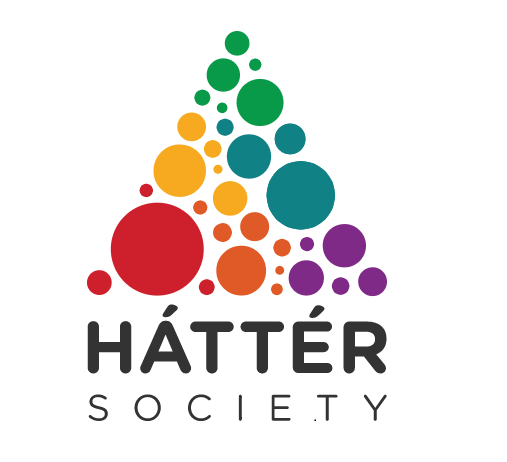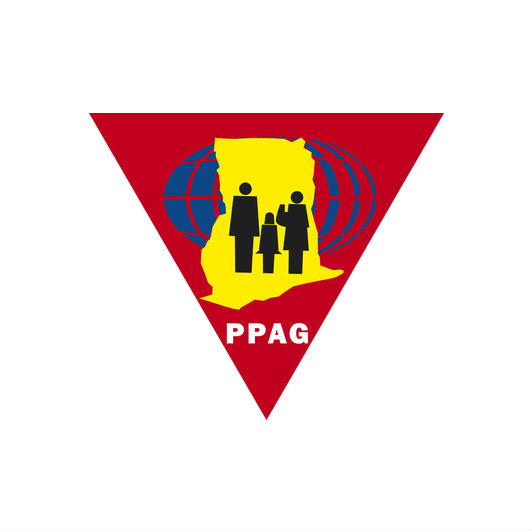
| 20 January 2025
EMMA
EMMA Association is a national women’s organization, which works for the fundamental rights and societal equality of women, focusing on sexual and reproductive health rights, and gender-based oppression and violence during the childbearing and childrearing period. EMMA believes that each woman deserves dignity, security, freedom and self-determination in every single moment of their lives regardless of their sexual orientation, ethnicity, age or socio-economical status. It recognize the empowering potential of peer-support, the transformative power of personal and collective recovery of traumas, and the need for nurturing reflection and resiliency both at personal and organisational levels. We live and look at the life of women in its complexity, therefore EMMA is committed to cooperate with other women’s organizations and groups for the advancement of women’s life, making solidarity a lived value. Contact: Facebook

| 20 January 2025
Háttér Society
Háttér Society, founded in 1995, is the largest and oldest currently operating lesbian, gay, bisexual, transgender, queer and intersex (LGBTQI) organization in Hungary. Our aims are calling attention to the problems faced by LGBTQI people; providing support services; exploring the situation and needs of LGBTQI people; mainstreaming these concerns in laws and public services; protecting the human rights of LGBTQI people and countering discrimination against them; promoting the health and well-being of LGBTQI people; encouraging the self-organization of LGBTQI communities; and preserving and spreading LGBTQI heritage and culture. Contact: Instagram, Facebook.

| 31 March 2016
Planned Parenthood Association of Ghana
Ghana is a country which has deep-rooted cultural norms, and structural barriers that perpetuate poor sexual and reproductive health. These include high risks of maternal mortality, high numbers of sexually transmitted infections, including HIV, and low levels of contraceptive use. The Planned Parenthood Association of Ghana (PPAG) was set up in 1967 to provide family planning services to the people of Ghana. Over the years, its work has expanded to cover a whole range of sexual and reproductive health (SRH) services. Today, in addition to basic family planning support, PPAG provides maternal and child health care, infertility management, and voluntary counselling and testing (VCT) for sexually transmitted infections (STIs) including HIV. It also provides other SRH services (for example, programmes for the management of erectile dysfunction). PPAG’s operation depends on a team of 103 staff, over 1,000 volunteers, 300 peer educators, 551 community-based distributors (CBDs) and a Youth Action Movement membership of 810 young people. PPAG's delivers services and programmes through 1,356 service points, including 11 permanent clinics, 54 mobile clinics and over 1,000 community-based service points (CBSs). PPAG works with a huge roster of partners, right across government in health, education, HIV and AIDS, youth, and population planning departments. Its civil society networks include over 15 non-governmental organizations. It receives financial support from the Japanese International Cooperation Agency, the Japanese Organization for International Cooperation in Family Planning, UNFPA, the Programme For Appropriate Technology in Health (PATH), the African Youth Alliance (AYA), the Big Lottery Fund (BLF) of UK, DANIDA, the French Embassy, the UK’s Department for International Development (DfID), UNICEF and GTZ.







